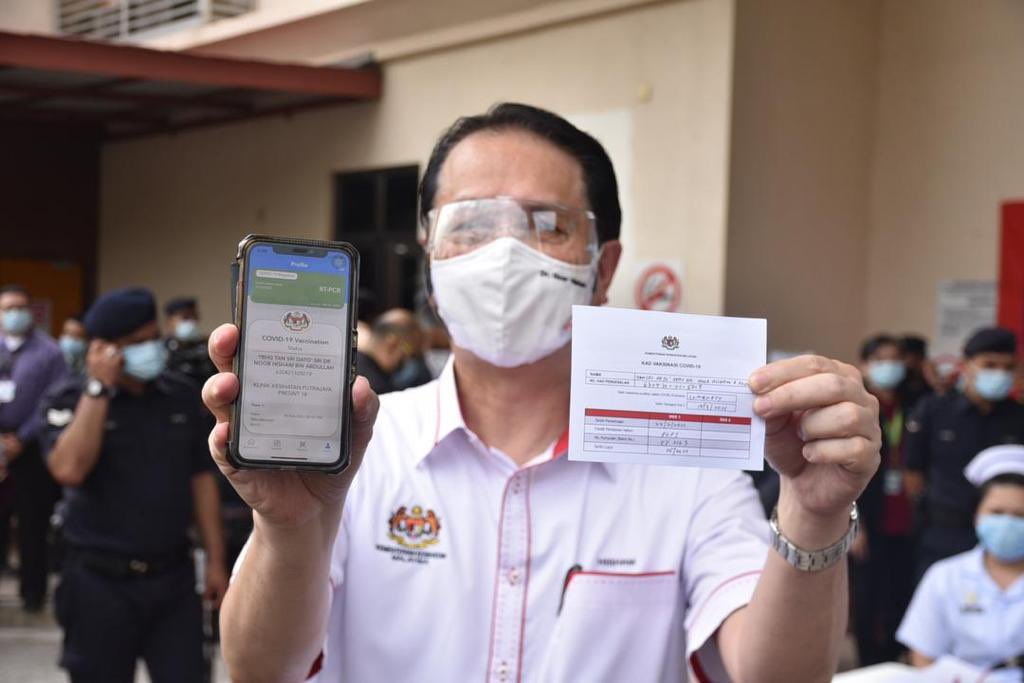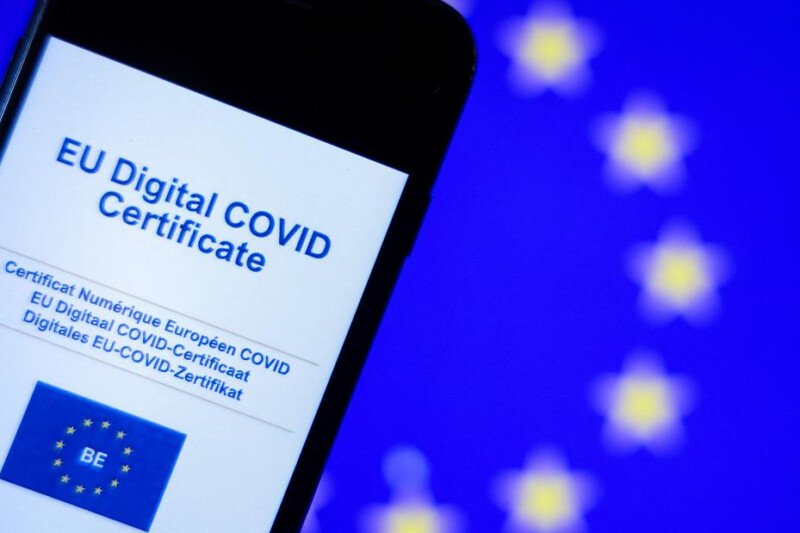The European Union’s (EU) digital COVID-19 certificate (colloquially known as the vaccination passport) officially launched on 1 July and will be in place for 12 months. The certificate is issued for free and recognised by all 27 EU member states, including Switzerland, Iceland, Norway and Liechtenstein.
Travellers can display the certificate, which includes a QR code and digital signature, either on a digital device or printed out. Those travelling in the EU with the certificate should not be subjected to an additional COVID-19 test or quarantine. The vaccination passport only recognises vaccines authorised by the EU — as for now, this is limited to only vaccines made by AstraZeneca, Pfizer / BioNTech, Moderna, and Johnson & Johnson.
Some countries in the EU have already been issuing and recognising the certificate. Germany, for example, said in mid-June that it had already issued five million certificates. There will be a six-week phase-in period, starting from 1 July to get the rest of the EU member countries online. Both RT-PCR and rapid antigen tests are recognised for the passport at launch.

Earlier this week, Reuters reported that airports and airlines are worried that the process will be chaotic and are concerned about the “worrying patchwork of approaches” in the implementation of the digital certificate. The time it takes to navigate through EU airports has already doubled to three hours and if the issues don’t get resolved, the delay could increase up to an additional five hours.
Meanwhile, here in Malaysia, the health ministry has already begun considerations for vaccine passports. Dr. Noor Hisham, health director-general, said that the passport could be used for inter-district, inter-state, and international travel. Local start-up Immunitee has also developed its own health passport that has become the first Malaysian digital COVID-19 certificate to be recognised by Singapore. As countries ramp up vaccinations, we’ll see the global economy open up again; these digital passports are a key step for returning to normalcy.
(Sources: The Verge, Cons ilium // Image: Kenzo Tribouillard via AFP)
Follow us on Instagram, Facebook, Twitter or Telegram for more updates and breaking news.



